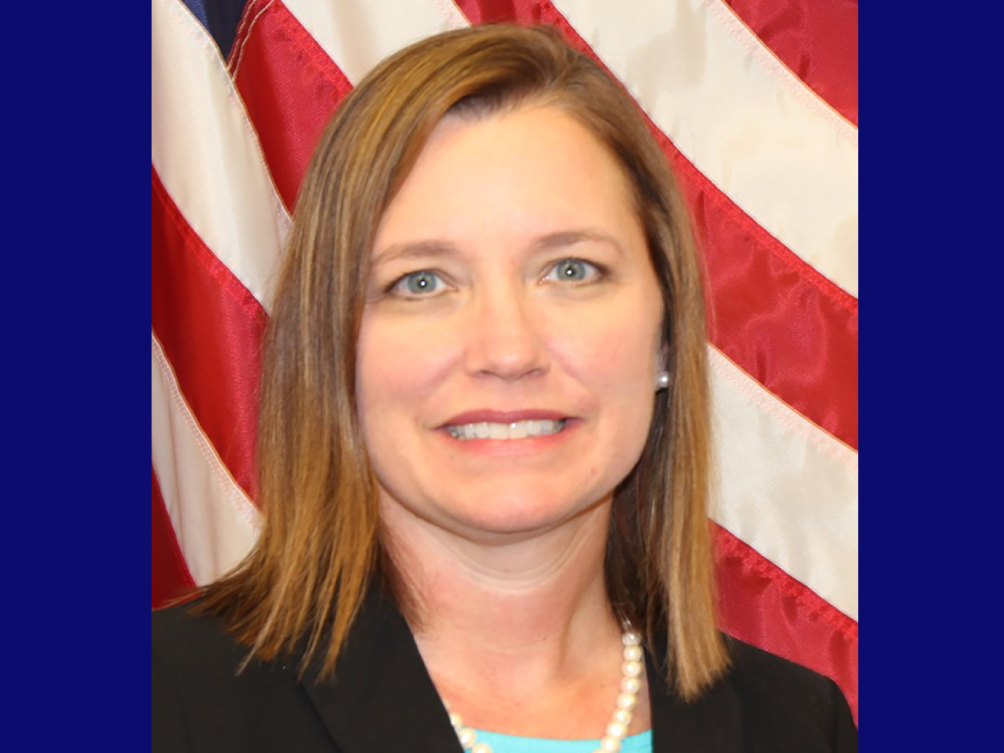From a press release Acting Attorney General Michelle Henry and her office’s Bureau of Consumer Protection issued a warning to Pennsylvanians to be alert for scams when purchasing Super Bowl LII tickets or other products relating to the event. Consumers and sports fans can be scammed and end up buying fraudulent tickets or products without […]


